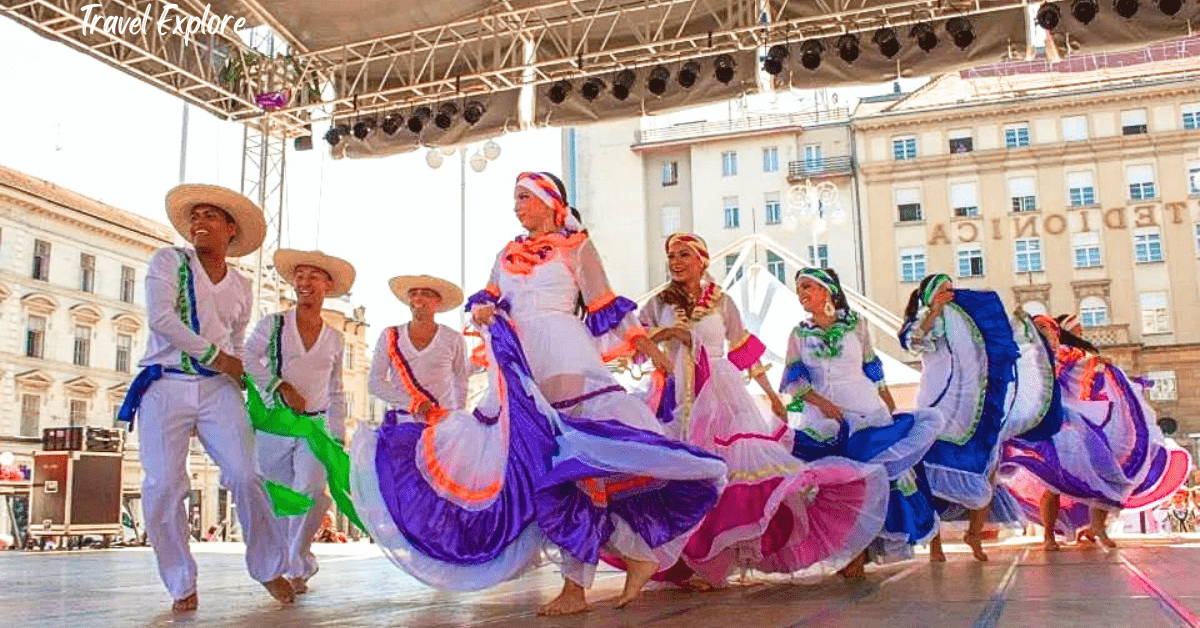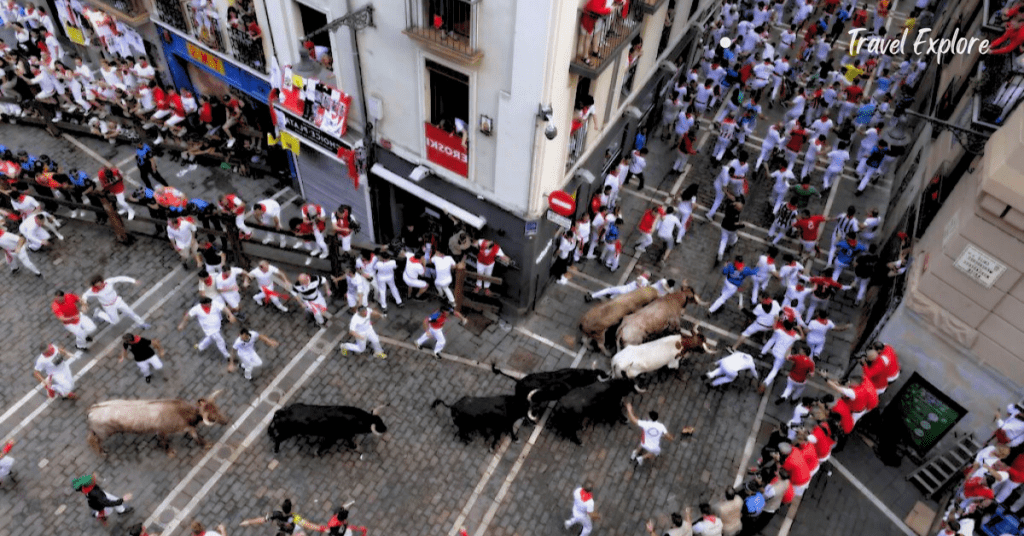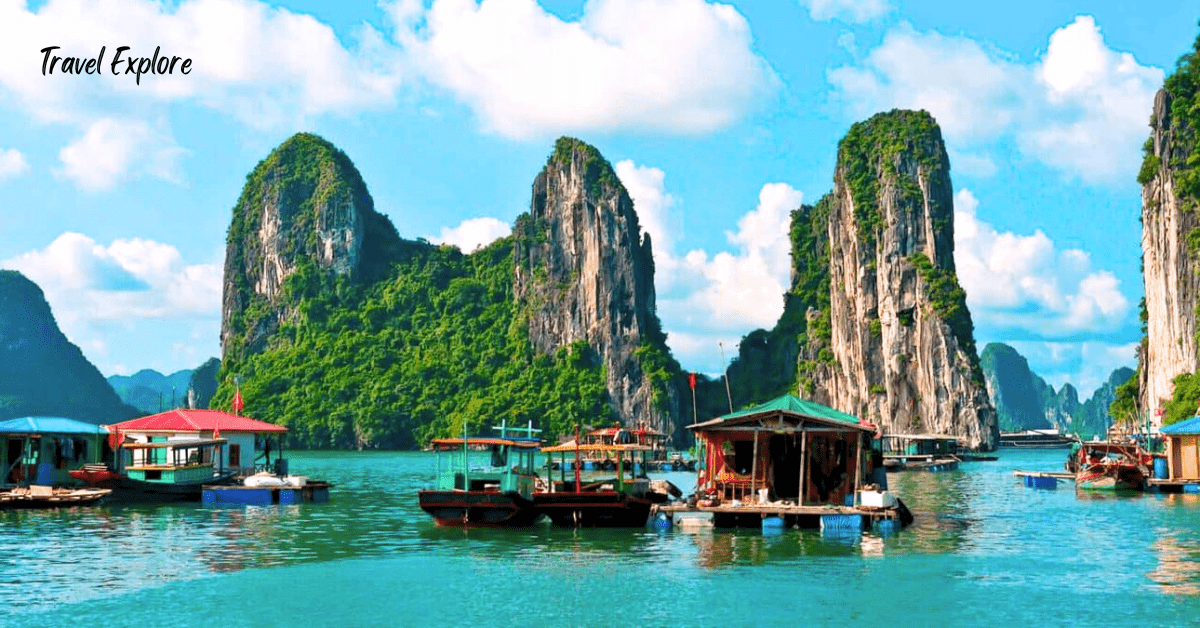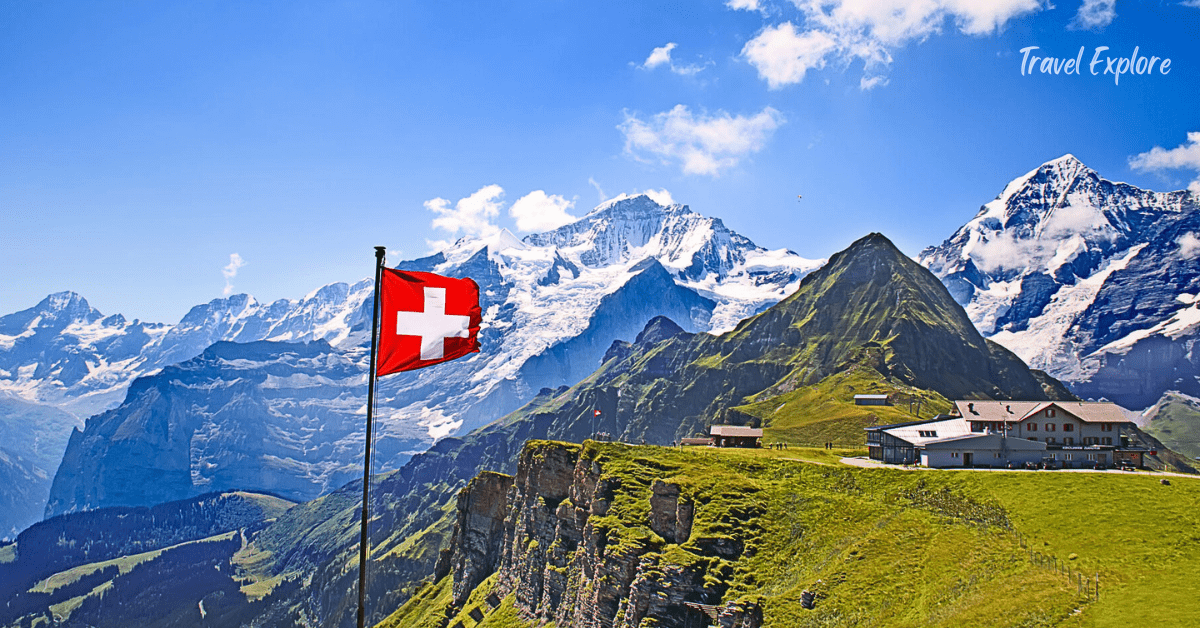Explore the Top Cultural festivals in Europe

Europe hosts a diverse array of cultural festivals, each reflecting the unique heritage, traditions, and artistic expressions of its region. Here are some of the top cultural festivals in Europe:
La Tomatina, Spain

Held annually on the last Wednesday of August in the town of Buñol, La Tomatina is one of Spain’s most famous festivals. This exuberant event involves thousands of participants engaging in a massive tomato fight, covering the streets in a sea of red. It has been held since the 1940s.
The festival begins with a ceremonial climb up a greased pole to retrieve a ham, and once the ham is claimed, trucks loaded with tomatoes arrive, and the hour-long tomato battle commences. It includes parades, music, and fireworks in the week leading up to the tomato fight.
Oktoberfest, Germany

Oktoberfest, held annually in Munich, Bavaria, is the world’s largest beer festival and a major cultural event in Germany. It traditionally starts in late September and runs through the first weekend in October, attracting millions of visitors each year.
The festival dates back to 1810, originally celebrating the marriage of Crown Prince Ludwig to Princess Therese of Saxe-Hildburghausen. Today, Oktoberfest features massive beer tents operated by Munich’s historic breweries, serving traditional Bavarian beer and food such as pretzels, sausages, and roast chicken.
Venice Carnival, Italy

The Venice Carnival is a renowned festival that takes place in the beautiful and historic city of Venice. This grand celebration, held annually in the lead-up to Lent, is famous for its elaborate masks and costumes. The tradition dates back to the 12th century and was revived in the late 20th century.
The carnival features a series of events, including masquerade balls, parades, and performances. The Grand Opening, marked by a stunning water parade, sets the tone for the festivities.
The Edinburgh Festival Fringe

The Edinburgh Festival Fringe is the world’s largest arts festival, taking place every August for three weeks in Scotland’s capital. It began in 1947 as an alternative to the Edinburgh International Festival and has grown exponentially since.
The Fringe features thousands of performances spanning theater, comedy, music, dance, and more. The festival is known for its open-access policy, allowing anyone with a story to tell and a venue willing to host them to participate. This inclusivity has fostered a spirit of creativity and experimentation, making it a breeding ground for new talent and innovative perform.
The Patron Saint of Ireland

Celebrating the patron saint of Ireland, Saint Patrick’s Festival is held annually around March 17th, Saint Patrick’s Day. The most extensive celebrations occur in Dublin, where the festival spans several days and includes parades, music, cultural events, and traditional Irish dance.
The festival showcases Irish culture and heritage, with numerous events emphasizing Irish language, folklore, and arts. Saint Patrick’s Festival has become a global celebration of Irish culture, with festivities extending far beyond Ireland’s borders.
Cannes Film Festival, France

The Cannes Film Festival, held annually in May in the glamorous city of Cannes on the French Riviera, is one of the most prestigious film festivals in the world. Established in 1946, the festival showcases new films of all genres from around the globe.
It is a significant event in the film industry, with the prestigious Palme d’Or being one of the highest honors. The festival draws a star-studded crowd. Beyond the glitz and glamour, Cannes also provides a platform for emerging filmmakers through its parallel sections such as “Un Certain Regard” and the “Cinéfondation” selection.
Carnival of Binche, Belgium

The Carnival of Binche, recognized by UNESCO as a Masterpiece of the Oral and Intangible Heritage of Humanity, is one of Belgium’s most famous traditional festivals. Held in the town of Binche, the carnival dates back to the 14th century and takes place in the days leading up to Lent, with the main events occurring on Shrove Tuesday.
The festival is renowned for the “Gilles,” men dressed in elaborate costumes and wax masks who perform traditional dances and throw oranges to the crowd, symbolizing good luck.
The Gilles’ costumes, featuring ostrich-feather hats, are a distinctive feature of the carnival. The event includes parades, music, and fireworks, deeply rooted in local tradition and community spirit.
Sziget Festival, Hungary

The Sziget Festival, held every August on Óbuda Island in Budapest, is one of Europe’s largest music and cultural festivals. Launched in 1993, the festival spans a week and features a diverse lineup of international music acts, encompassing genres from rock and pop to electronic and world music
. In addition to music, Sziget offers a wide range of cultural activities, including theater, dance, circus performances, and art installations.
San Fermin,Spain

The San Fermín festival, held annually from July 6th to 14th in Pamplona, is best known for the Running of the Bulls. The festival, which dates back to the Middle Ages, honors Saint Fermín, the co-patron of Navarre
Each morning during the festival, brave participants run alongside six bulls through the narrow streets. The event is both thrilling and controversial, attracting spectators and participants from around the world. San Fermín features parades, traditional music, dancing, and fireworks, offering a rich display of Navarrese culture and tradition.
Read More:
Mardi Gras, France

Mardi Gras, or “Fat Tuesday,” is celebrated with great enthusiasm in Nice, France. The festival, which marks the beginning of Lent, features parades with elaborate floats, vibrant costumes, and lively music. The celebration includes the “Battle of Flowers.
The festivities also feature fireworks, street performances, and masquerade balls, showcasing the rich cultural heritage and festive spirit of the French
Conclusion
Exploring the top cultural festivals in Europe reveals a rich tapestry of traditions, arts, and communal celebrations that highlight the continent’s diversity and historical depth. From the vibrant and colorful streets of Spain’s La Tomatina and Italy’s Venice Carnival to the musical extravaganzas of Austria’s Salzburg Festival and Belgium’s.
Tomorrowland, each event offers a unique glimpse into the local culture and heritage. These festivals not only attract tourists from around the world but also foster a sense of unity and pride among local communities. Whether you’re interested in traditional folklore, contemporary arts, or simply looking for an unforgettable experience.
Europe’s cultural festivals provide an unparalleled journey through its cultural landscape.
Frequently Asked Questions
When is La Tomatina held?
La Tomatina takes place on the last Wednesday of August each year.
How do participants prepare for La Tomatina?
Participants are advised to wear old clothes and goggles, and to squash the tomatoes before throwing them to avoid injury.
Do I need a ticket to participate?
Yes, tickets are required to participate in La Tomatina to ensure crowd control and safety.
What else can visitors do in Buñol during the festival?
Visitors can enjoy parades, music, fireworks, and other cultural events throughout the week leading up to the main event.
What should I wear to Oktoberfest?
Traditional Bavarian attire, such as lederhosen for men and dirndls for women, is commonly worn but not mandatory.
When is the Venice Carnival held?
The Venice Carnival takes place in the lead-up to Lent, typically in February or early March.
What are the main events of the Venice Carnival?
Key events include the Grand Opening, the “Flight of the Angel,” masquerade balls, and costume contests.
Where is the Edinburgh Festival Fringe held?
The festival is held in various venues throughout Edinburgh, Scotland.
4o




